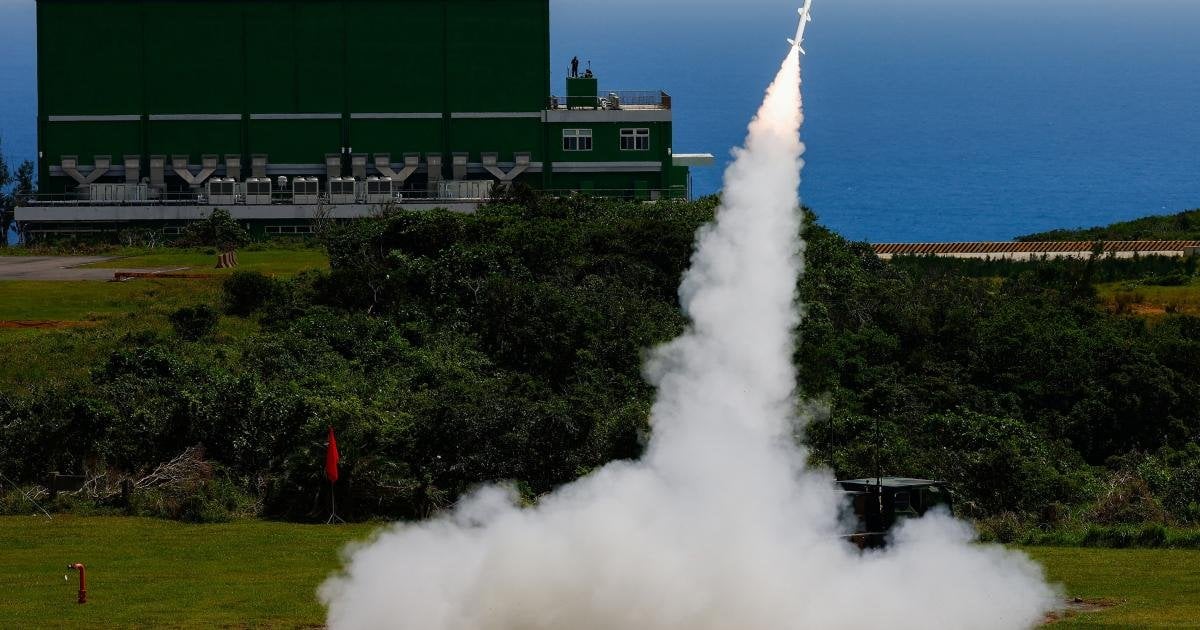
The Taiwan Tightrope: Deterrence Is a Balancing Act, and America Is Starting to Slip
https://www.foreignaffairs.com/taiwan/taiwan-tightrope
Posted by ForeignAffairsMag


The Taiwan Tightrope: Deterrence Is a Balancing Act, and America Is Starting to Slip
https://www.foreignaffairs.com/taiwan/taiwan-tightrope
Posted by ForeignAffairsMag
2 comments
[SS from essay by Oriana Skylar Mastro, Center Fellow at the Freeman Spogli Institute for International Studies at Stanford University and a Nonresident Scholar at the Carnegie Endowment for International Peace; and Brandon Yoder, Senior Lecturer at Australian National University and a Visiting Fellow at the Shorenstein Asia-Pacific Research Center at Stanford University.]
As tensions rise across the Taiwan Strait, the policy debate in Washington remains fractured. U.S. strategy broadly revolves around deterring China from attacking Taiwan, and for the past three presidential administrations, it has consisted of three central components: increasing the ability of the United States and Taiwan to defend the island militarily; using diplomacy to signal U.S. resolve to protect Taiwan while also reassuring China that Washington does not support Taiwanese independence; and using economic pressure to slow China’s military modernization efforts.
But there is little consensus on the right balance among these three components—and that balance determines to some degree how deterrence looks in practice. [Some](https://www.foreignaffairs.com/articles/china/2022-06-23/beijing-still-playing-long-game-taiwan) contend that diplomatic pressure—along with military restraint, to avoid antagonizing China—will keep Beijing at bay. [Others](https://www.foreignaffairs.com/united-states/america-must-prepare-war-over-taiwan) warn that unless Washington significantly strengthens its military posture in Asia, deterrence will collapse. And a third approach, outlined [recently](https://www.foreignaffairs.com/taiwan/taiwan-fixation-kavanagh-wertheim?check_logged_in=1) in *Foreign Affairs* by Jennifer Kavanagh and Stephen Wertheim, emphasizes that bolstering Taiwan’s self-defense and enabling offshore U.S. support is the best route to sustaining deterrence while also mitigating the risk of escalation.
Interesting argument in article:
> deterrence can fail in two ways. Do too little, and Beijing may gamble it can seize Taiwan before Washington is able to respond. Do too much, and Chinese leaders may conclude that force is the only remaining path to unification.
Isn’t it best to err, if it is appropriate to use that term, on the side of doing *too much?* It is an open question whether, in the event of Chinese attack, the U.S. should send our aircraft carriers and missiles into the conflict. It’s probably best to arm Taiwan as heavily as we can, but avoid actual intervention should it arise.
A direct China-U.S. war has too much potential to spiral out of control, especially if the U.S. uses resources in Japan and S. Korea and then China attacks our military bases in those nations.
Comments are closed.